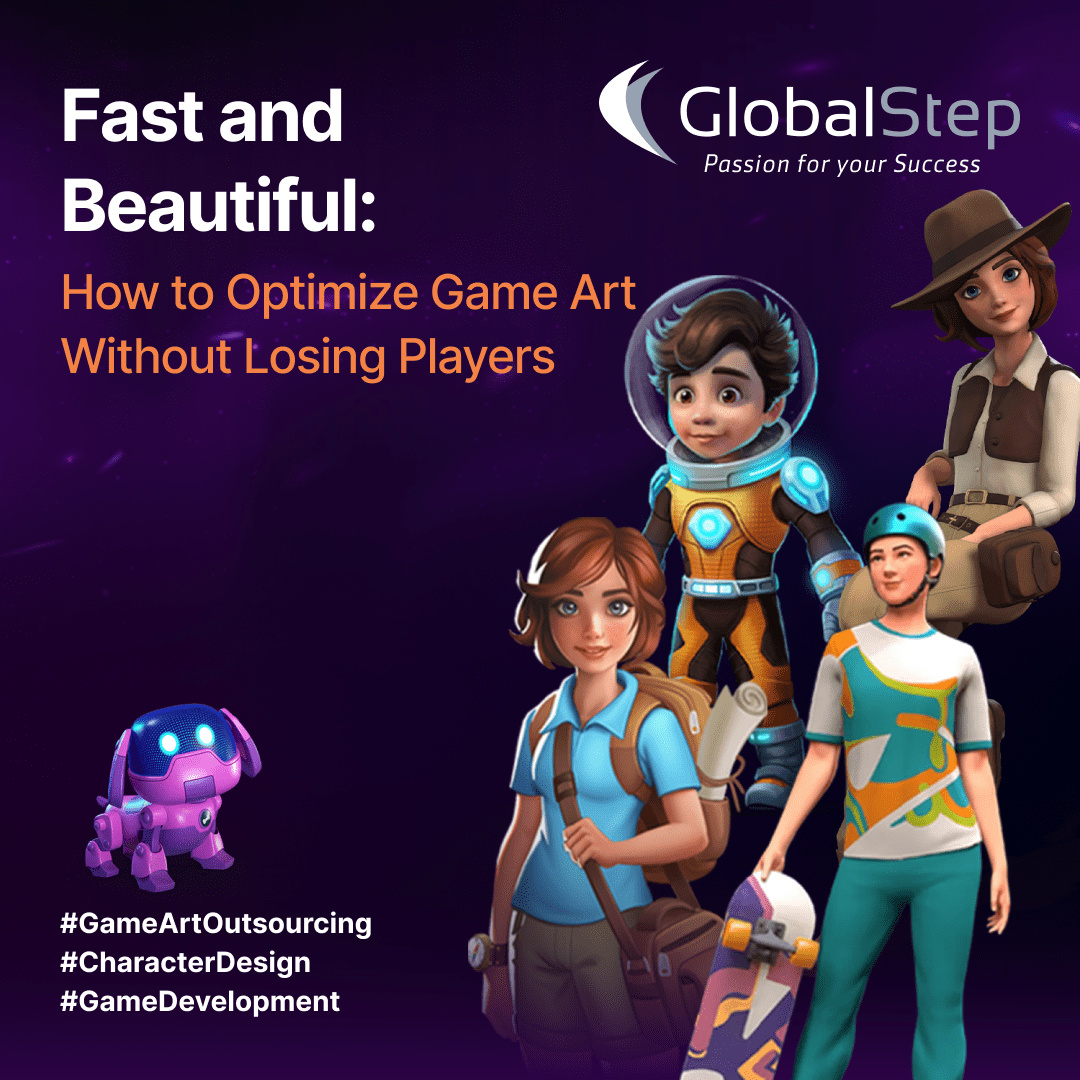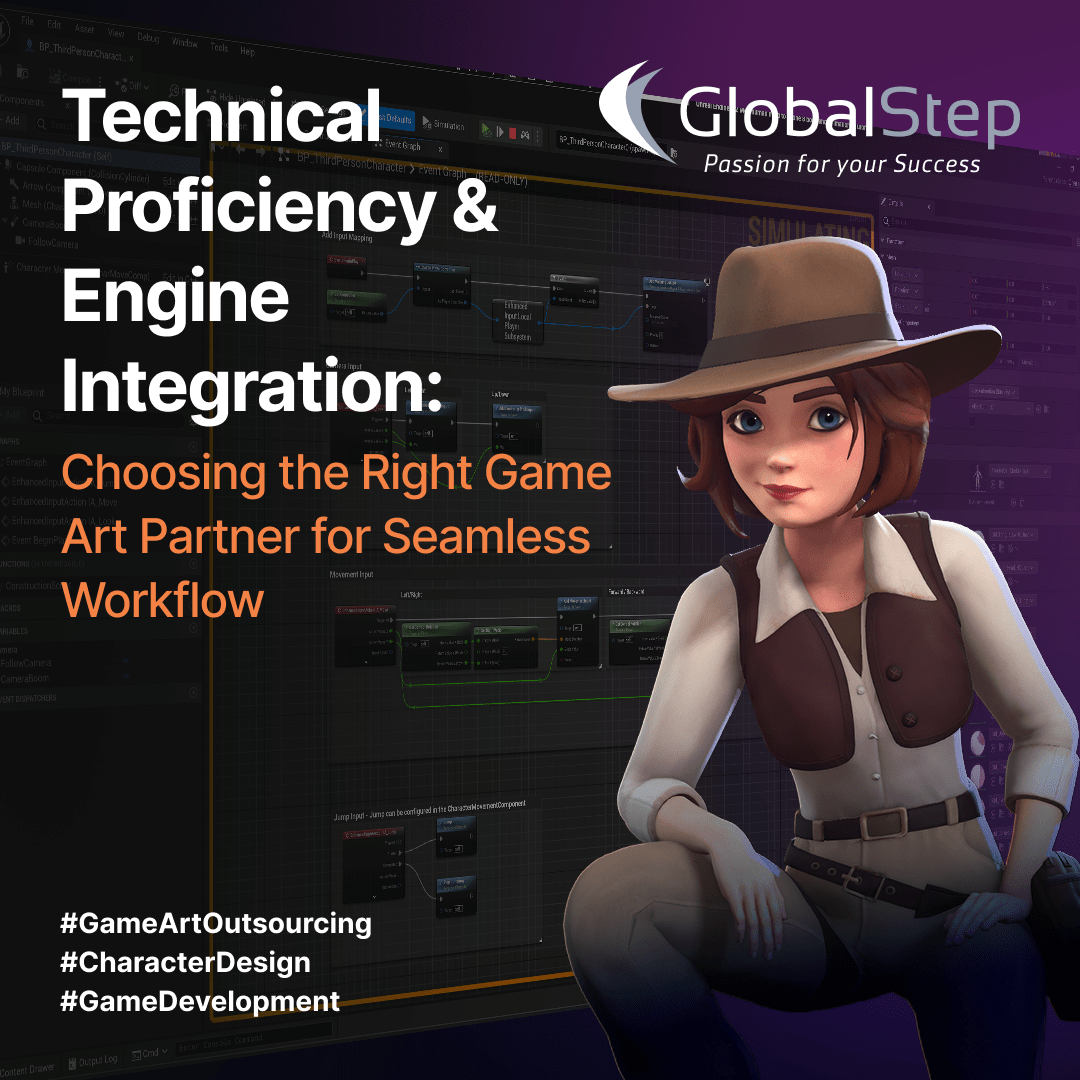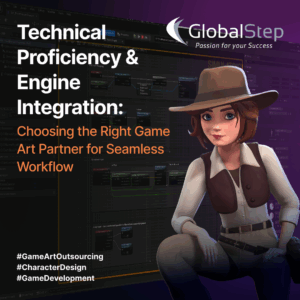
Ensuring a quality product in the end player’s hands is what video game QA testers strive for. They are a critical line of defense against bugs and other issues that would otherwise degrade the player experience. But their work is not at all like simply playing games; they face some serious challenges that require intense focus, expertise, and often long hours to overcome. In this piece, we’ll look at five of the biggest hurdles they encounter and talk about ways to get over them.
Challenge 1: The Complexity in Modern Gaming
Nowadays, video game development is bustling with titles that are more complex than ever before. From sprawling open world environments to delicately balanced multiplayer components, modern gaming presents layers upon layers of complexity-and all those layers need testing.
One of the most complex challenges QA testers have to deal with is replicating conditions from within a live gaming environment if this, for instance, involves massive amounts of players. As much as GlobalStep testers revel in the modern game for its complexity and are versed in the handling of such intricate mechanics and systems, sometimes even in the most complex genres like RPGs, it can still be incredibly challenging to simulate real-world player counts and interactions in a testing environment.
Issues such as the problems from server load to very rare bugs that show up only under a specific and large-scale condition usually are very hard to find in a controlled environment. These issues sometimes appear under the conditions when thousands of players interact with the game simultaneously, conditions that cannot be replicated entirely in any test lab.
To this end, we employ advanced testing tools and methodologies that model as many variables as possible while integrating real-time analytics to monitor and track performance in live environments. At GlobalStep, experience and profound knowledge of complex game systems allow avoidance of such issues right from the outset and close coordination with development teams to enable a hitch-free launch at any scale.
2. Time Constraints and Tight Deadlines
Another big challenge is time. Since deadlines regarding video game development are so tight, quality assurance testers must try to find bugs and report them within an inch of time, which in turn creates oversights and unfinished tests.
In such a situation, important areas of the game, including those concerned with gameplay. Well-structured test plans with clear timelines help keep the tasks in hand and ensure that nothing will go amiss. GlobalStep then weaves in testing across all phases of development, which helps in ensuring quality stays intact even when tight deadlines hit hard.
3. Redundant Testing and Tester Fatigue
One big barrier to the work of QA testers is its repeatability. Testing levels and game mechanics over and over again can, and often does, lead to a degree of fatigue. When a tester is tired, they are not going to catch that detail they might otherwise, and bugs that might have been targeted for the “not so critical” column will find themselves in the “fix this right away” column instead. Long projects with a lot of big moving parts have the most potential for mental strain, and this challenge is amplified in VR testing. The immersive nature of VR, along with physical and sensory demands, leads to faster fatigue compared to regular game testing. Testers cannot spend as much time in VR sessions; therefore, planning for resourcing and breaks becomes even more critical to maintain accuracy and performance.
Keeping things fresh is key to avoiding these problems. Rotating responsibilities among testers adds spice to the workday and can help keep the attention sharp. This is important because people generally do a poor job of catching bugs when they are bored. It is also crucial that automation tools come into play here. Automation can do the repetitive tasks that are required and yet do not require a human’s touch. These approaches will ensure your gameplay testing is at the highest level of accuracy and detail.
4. Lack of Clear Communication Between Teams

Effective communication between QA testers and other departments, such as developers or designers, is key to smooth and efficient workflows. However, breakdowns in communication often occur, leading to misunderstandings, misreported bugs, or delays in fixes. When the information isn’t clear, consistent, or timely, the entire development process can be slowed down, impacting the overall quality of the game.
The solution lies in fostering seamless communication across teams. Regular check-ins, clear documentation, and standardized processes can bridge these gaps. Using project management tools like Jira or Trello can help maintain transparency and keep everyone aligned on objectives and progress. At GlobalStep, we emphasize process integration and strong collaboration, ensuring that our QA teams are in sync with all other departments, preventing costly miscommunications and inefficiencies.
5. Testing Across Multiple Platforms and Devices
Where today’s games are in development phase on a range of systems, from PCs and consoles to mobiles and VR, testers must now undertake the daunting task of testing game performance across multiple systems. Each presents different challenges, such as performance, hardware specifications, and even bugs. Testing for multiple platforms adds another layer to their already challenging role.
QA testers must be highly knowledgeable in matters concerning platform-specific requirements and utilize cross-platform testing-designed frameworks that optimize the process. At GlobalStep, our pool of experts is fully equipped with knowledge and experience to handle all the complexities arising from multi-platform testing. Whether PC, console, a mobile device, or a VR headset, rest assured-when it comes to quality, the game will be exactly the same.
Conclusion: Leveraging Expertise to Overcome QA Challenges
Game QA testers encounter many difficulties, but with the right methods and resources, these obstacles can be surmounted. At GlobalStep, we employ a thorough blend of manual and automated testing, good communication, and deep platform knowledge to ensure that every game is released in top notch quality.
No matter the platform — console, mobile, or PC — we stand ready to assist you in delivering an impeccable gaming experience. To learn more about how GlobalStep can partner with you on your game development journey, check out our service offerings. We cover everything from functional testing to localization QA. Our mission is to make sure every player gets an immersive, seamless experience across all platforms and genres.





